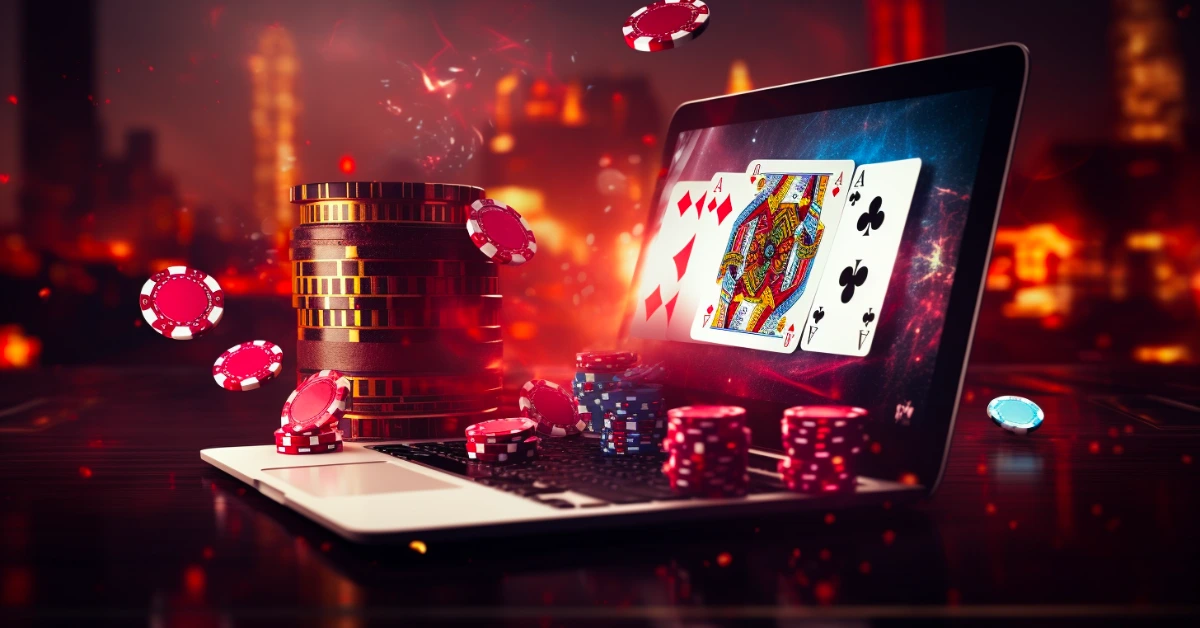The Mystery of Gambling Superstitions

In the world of gambling, where chance and strategy intersect, a unique tapestry of beliefs unfolds—one that braids luck, fate, and the enigmatic nature of casino games. Casinos, bustling with excitement and anticipation, are not just spaces for placing bets; they are also arenas in which superstitions thrive. From the novice player to the seasoned gambler, these mysterious practices often shape how individuals approach the games they play, holding the belief that their actions can influence the outcome in ways that go beyond mere probability.
When players gather around roulette wheels, blackjack tables, and slot machines, the atmosphere is thick with stories of lucky charms, rituals, and codified behavior that defy logic yet provide a sense of comfort. Whether it’s wearing a specific outfit, following a particular sequence of bets, or even avoiding certain numbers, the attachment to various superstitions reflects a deep-rooted desire to manipulate the uncontrollable. This article delves into the captivating world of casino game superstitions, exploring the beliefs that both entertain and mystify those who dare to play.
Cultural Roots of Superstitions
Casino games have long been connected with an host of superstitions that trace to early societies. The origins of these ideas can be connected to humanity's intrinsic desire to influence the uncertain outcomes connected with luck and chance. In ancient civilizations, games of chance were often tied to spiritual practices. Players would seek favor or seek favor from gods, believing that their actions could affect the results in their benefit. This foundation laid the basis for the myriad of superstitions that spread as betting evolved over time.
During the medieval period, betting became a popular activity across the continent, and with it, a diverse tapestry of superstitions developed. Participants adopted various rituals and charms, believing they could influence the results of games. The value of digits, in particular, started to show in superstitions around card games and dice. The number 7 was often considered favorable, while different numbers carried negative connotations. These ideas mirrored the social contexts of the time, evolving as they passed through generations and transformed to different gaming environments.
As gambling houses developed in the seventeenth century, particularly in the Italian peninsula and France, the atmosphere surrounding gambling became steeped in enigma. The growing accessibility of casino games allowed for the dissemination and growth of superstitions among players. Concepts like lucky charms, special seating positions, and rituals gained prominence, creating a special culture within betting houses. As these customs continued to thrive, they became fundamental to the character of casino games, illustrating how history and tradition shape the belief systems that influence how participants interact with chance.
Widespread Casino Myths
Beliefs surrounding gambling games are abundant and diverse, mirroring the hopes and fears of gamblers as they engage in random games. One of the most common views is that certain digits bring luck or misfortune. For example, the number seven is often seen as a favorable digit, frequently embraced by gamblers looking for a favorable outcome. Conversely, the digit 13 is routinely considered cursed, leading many gamblers to steer clear of it during their gambling periods.
A common superstition relates to rituals that gamblers believe can affect their chances. Whether blowing on dice before a throw, using a particular gesture to place a bet, or even putting on specific items of attire, many people feel that these rituals can sway luck in their benefit. These rituals offer a sense of control in an otherwise unpredictable environment, strengthening the idea that luck can be created through individual beliefs and habits. suletoto
Lastly, the ambiance and vibe of the gambling house itself contributes to myths. Many gamblers suggest that the presence of certain icons, such as four-leaf clovers or fortunate tokens, can enhance their chances of winning. Additionally, players might hold to the belief that winning streaks can be interrupted by mundane events, such as someone walking past or a accident at the gaming surface. The collective environment in a casino can amplify these beliefs, creating a shared culture of superstitions that goes beyond single experiences.
Impact of Superstitions on Players
Beliefs play a important role in the psychology of gamblers, often influencing their actions and choices. Many gamblers believe that fortune can be manipulated through various rituals, such as wearing a lucky charm, choosing particular hues, or steering clear of particular digits. This dependence on superstitions can create a feeling of authority in an environment that is intrinsically unpredictable. Players often feel more self-assured and engaged when they believe that their actions could sway the result of a game in their favor.
The impact of these superstitions extends beyond individual players, affecting the general atmosphere inside the casino. For example, a player who believes in the luck of a certain slot machine might attract a crowd, as others are fascinated by their apparent luck. This shared belief can amplify excitement and create a lively environment, leading to an interesting experience even for those who may not necessarily be believers themselves. The excitement around specific games can lead to increased participation and longer playing sessions, supporting the casino's lively social scene.
In some instances, superstitions can lead to harmful effects for players. Depending too much on rituals can result in bad gambling decisions, as some may ignore basic strategies in favor of unfounded beliefs. Additionally, the pressure to perform rituals may heighten anxiety and tension, detracting from the enjoyment of the experience. Ultimately, while superstitions can enhance the excitement of playing casino games, they can also lead to foolish choices that overshadow the enjoyment and amusement intended in the casino experience.
